Publications
Scientific publications
Readings & Reviews
Research axes
The collections
Scientific publications
Readings & Reviews
Research axes
The collections
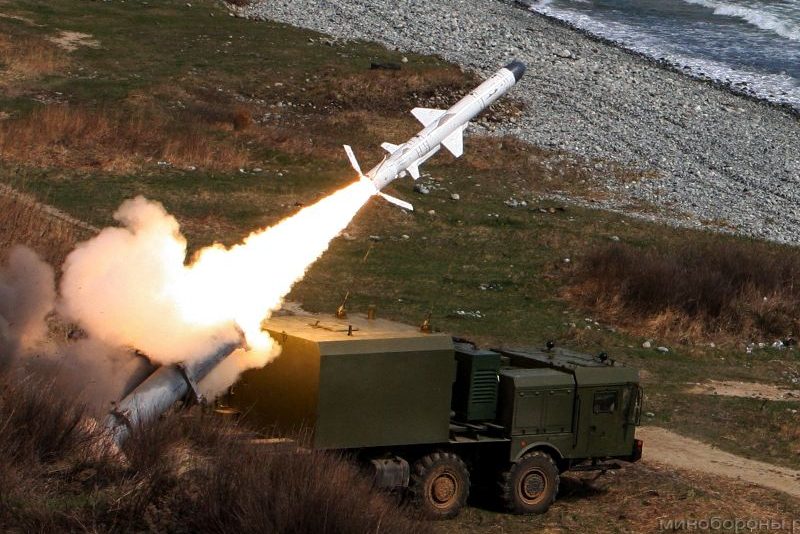
The missile standoff: ballistic considerations of the war in Ukraine
On February 24, 2022, after a few months of strategic uncertainty on the Russian-Ukrainian borders, Russian President Vladimir Putin launched a military offensive in Ukraine. This attack confirmed the aggressive intentions of Russia, which had amassed military forces on the Ukrainian border since December 2021. It also confirmed the concretization of Russia’s efforts to remain a major power in the ballistic field.
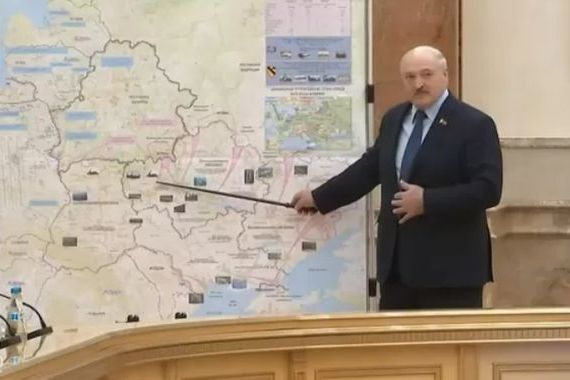
The legal consequences of the nuclearisation of Belarus
Belarus, which borders Ukraine and Poland, has just changed its constitution to become a nuclear state. The referendum of 27 February 2022 approved the proposed constitutional amendments by more than 65%, thus ending the previous status of the Belarusian territory, which had been designated as a neutral and non-nuclear zone. The amended version should also include an article excluding military aggression from Belarusian territory, which would legally allow for the deployment of nuclear weapons by its ally, Russia.
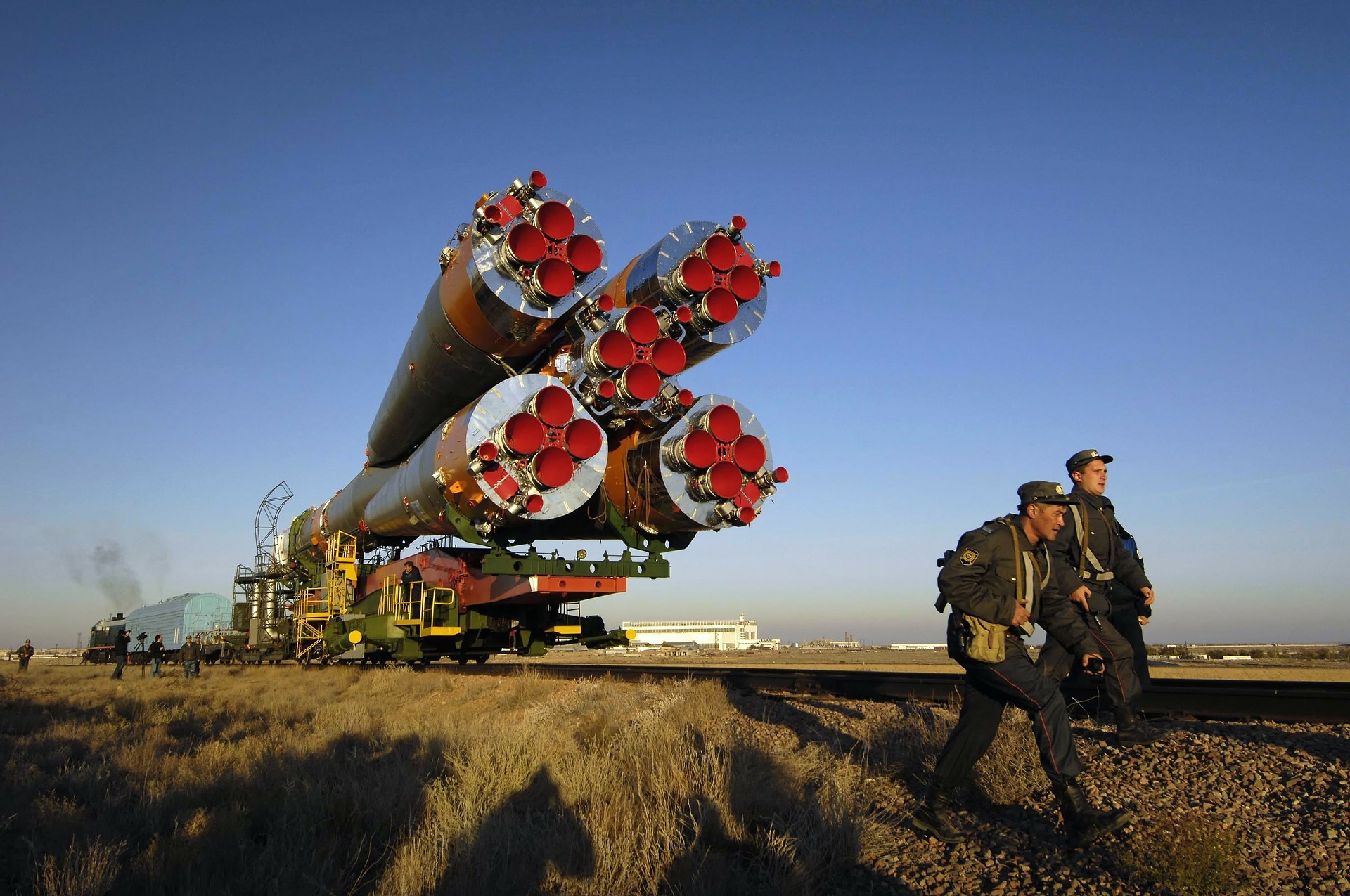
War in Ukraine: initial international space consequences of a regional conflict
Scientific space cooperation is not immune to geopolitical dynamics, and the conflict in Ukraine promises to have important technical and capability consequences on launch means and programs. One week after the beginning of the hostilities, this news note offers a first overview, in the measure of the available information and the fast evolution of the situation.
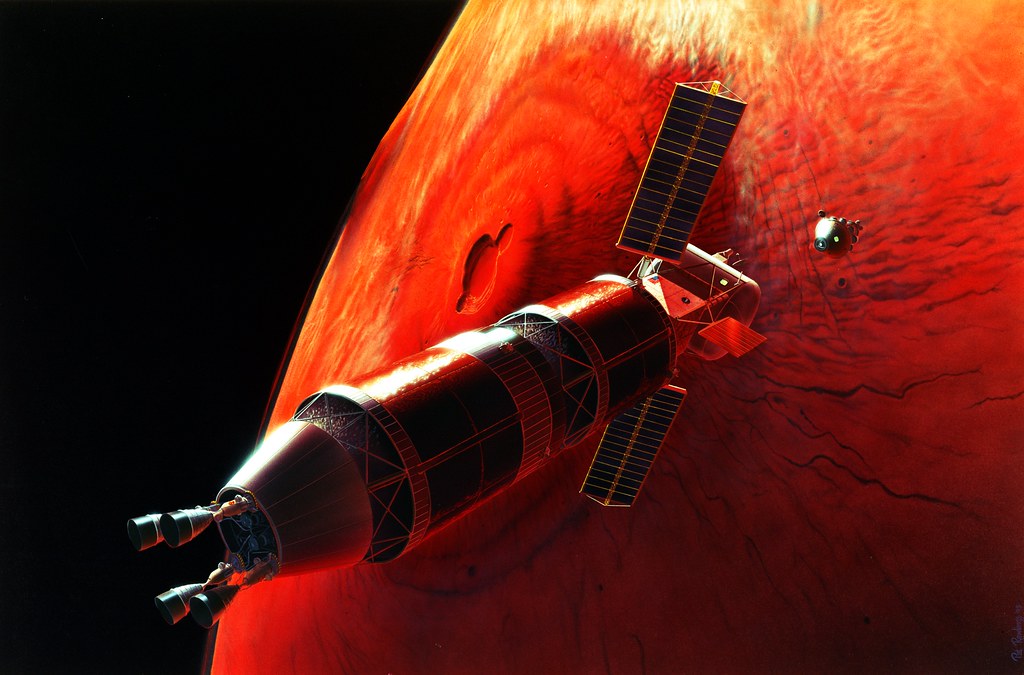
The affirmation of the U.S. space nuclear technology strategy
Since 2017, U.S. interest in space-based nuclear power applications appears renewed. In a context of growing international competition, these applications are even receiving increasingly structured political support. The objective of this note is to examine these developments in order to put into perspective the issues that accompany them. Although primarily intended for interplanetary exploration (surface energy supply and high-performance propulsion), space nuclear technologies remain dual.
Between force and space diplomacy: the Russian Nudol missile invites itself to the negotiating table
Since November 15, 2021, and the firing of the Russian Nudol missile which caused the destruction of an old Russian spy satellite, Cosmos 1408, dating from the Soviet era, the debate has mainly revolved around the debris created by the impact, which is now spreading in an alarming manner. These thousands of pieces, some of which are tiny and difficult to detect, are all potentially destructive to space assets and astronauts on the International Space Station (ISS), located not far from the impact site.

Model digital transformation for Defense organizations : In search of the Fit
Defense organizations have always been confronted with the question of integrating technological innovations. These technologies can be used in the context of operational actions, but they also serve to improve the performance of defense organizations (Joint forces headquarters, planning staffs for example).
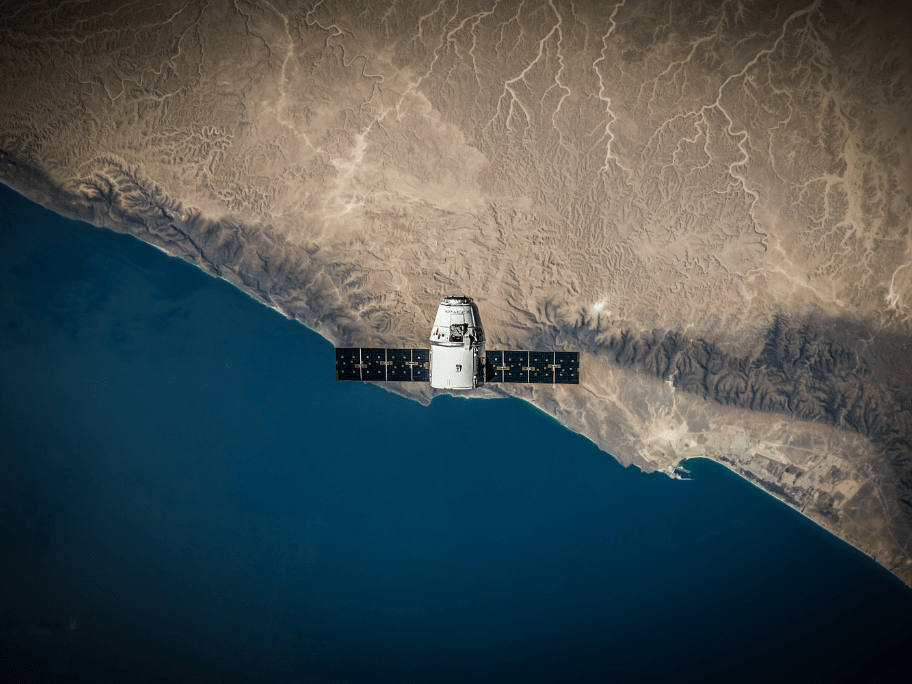
Cyber threats: a new issue for space security
For a long time, reflections on space security have focused on attacks of a kinetic nature or of electromagnetic origin. With the expansion of cyberspace, the space industry has had to consider new threats and new types of actors.

